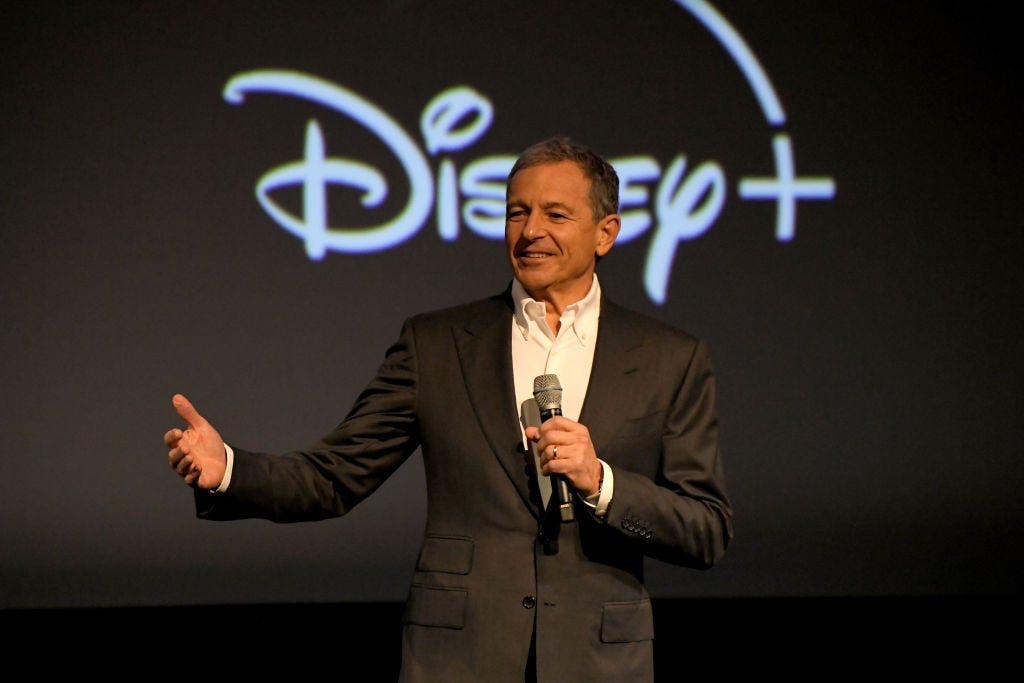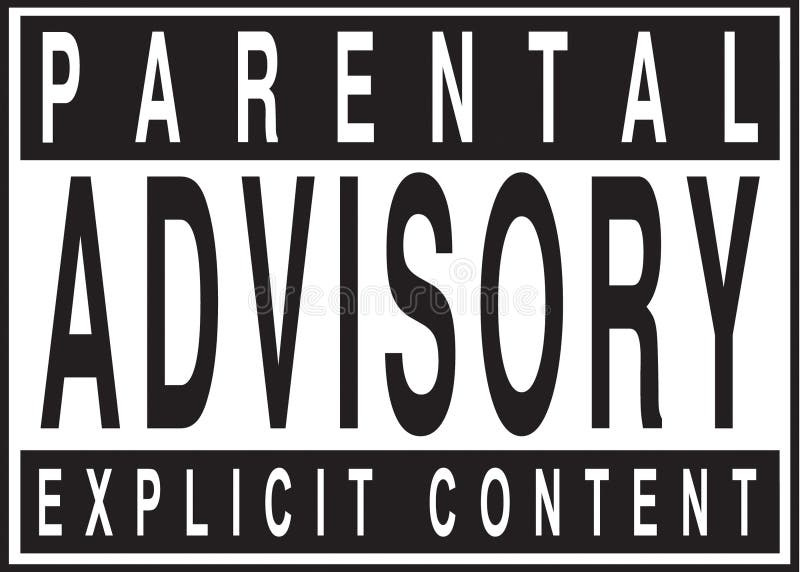Corporations Offended By Free Speech Are Happy to Invest In Places Without It
Why did corporations go from favoring free speech to fearing it?

Since Elon Musk purchased X (formerly Twitter) in the fall of 2022, the service has been losing corporate advertisers that it relies on to fund operations.
By February of 2023, hundreds of major corporations had pulled their advertising from the platform.
While each of these companies have their own decision-making process about why they pulled their advertising, reporting suggests that their main concern was over changes to X’s content moderation policies. While other social media firms continued to narrow the range of acceptable speech, X was broadening them.
As Vox reported earlier this year, advertising executives were skittish about the service’s greater commitment to freedom of expression, fearing that it would associate them with unsavory content. “Major corporations don’t want to jeopardize what they call “brand safety” by associating with offensive content,” the publication wrote after speaking to a range of industry insiders.
As Public has reported, the presence of much of that offensive content has been exaggerated.
But the hundreds of firms that have reduced or eliminated advertising on X felt differently, fearing that their ads may be placed next to content that some may find offensive. In other words, they were offended by being somewhere on the Internet that people are speaking to each other relatively freely with little censorship.
Bob Iger, the head of Disney, explained that he withdrew ads in opposition to a Tweet made by CEO Elon Musk. “By him taking the position he took, we felt that the association with that position, and Elon Musk and X, was not a positive one for us,” he said.
But Iger and Disney are less offended by associating themselves with places that have little free speech at all.
For instance, Disney is heavily invested in China, where political dissent is heavily suppressed and citizens are monitored by one of the world’s most comprehensive surveillance regimes.
Those investments include not just manufacturing many of Disney’s products but also the sprawling Shanghai Disneyland, which opened under Iger’s watch. Iger and Disney’s passion for entering the Chinese market was so intense that in 2010, he met with the country’s propaganda minister and promised to help “introduce more about China to the world” through the company’s products and platform.
Disney’s case is not unique. Many of the firms that pulled out of Twitter maintain robust presence in countries that maintain repressive speech environments.
Take for instance IBM, which pulled ads in November.
The company has a wide range of economic partnerships in Saudi Arabia, which last year was ranked 170 out of 180 on Reporters Without Borders’s index of press freedom.
Apple, which also pulled ads in November, struck a deal to invest hundreds of billions of dollars in China, making a promise to “do its part to develop China's economy and technological prowess through investments, business deals and worker training.”
The message these firms are sending is that free speech – which includes speech that some people may find offensive – makes X too reputationally damaging for them to associate with. But associating with countries that are virtual police states isn’t.
This suggests that free speech, warts and all, is more intolerable to these companies than even dictatorship.
Why is that?
Why have corporations turned against free speech?
From Championing Free Speech to Running Away From It





